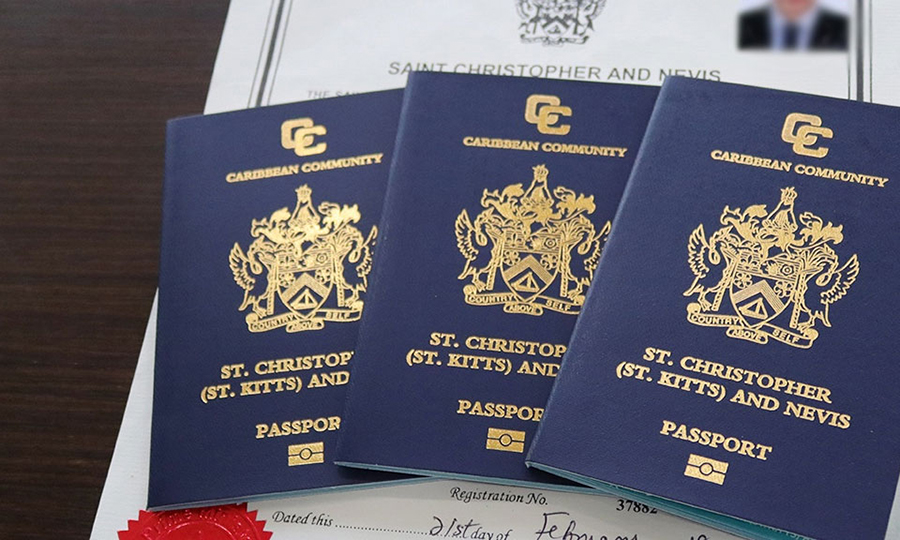For an economy serving over 200 million people and valued at N78.37 trillion, government policies, laws, and regulations play a powerful role in shaping outcomes.
Yet, Nigeria is proof that some of the most dynamic shifts in its economy are happening outside formal policy direction.
In recent years, the private sector has powered more than half of Nigeria’s growth, even as the state struggles to keep pace with industries being rapidly transformed by technology, youth-driven innovation, and informal enterprise.
The country’s economy has moved beyond oil. Agriculture still employs the most people and contributes about 25% to GDP.
Services, particularly telecoms, finance, and trade, now account for over 55%, while industry, including oil and gas, makes up just 20%.
Nigeria’s 3.4% GDP growth in 2024 was largely driven by these non-oil sectors, and that momentum is expected to continue in 2025.
But behind the official stats lies an untold story. A new generation of industry creators, digital entrepreneurs, crypto traders, and wellness startups is booming, yet remains undercounted and underserved. Most operate informally, without government incentives or tailored policies, yet they are creating jobs, building wealth, and reshaping the economy.
This list highlights 10 of those sectors: fast-growing industries that are thriving in spite of, not because of, government support. Together, they reveal the hidden drivers and missed opportunities of Nigeria’s economic future.

This is an industry that holds promise, yet the size of the industry remains hard to quantify due to its discreet nature. It is estimated that acquiring citizenship through these programs typically costs around $100,000. Industry insiders suggest some firms facilitate as many as 10 successful applications per month.
Beyond outright citizenship, the sector also includes a growing market for permanent residency options abroad. Nigeria can further tap into the booming $25 billion global industry, allowing individuals to acquire citizenship or residency through significant financial investments.
Significant legislative progress has been made toward establishing one. In March 2025, Nigeria’s House of Representatives passed a constitutional amendment bill for citizenship by investment on its second reading, marking a pivotal step toward creating such a program.
Over half of the world’s countries now offer such pathways, with costs ranging from $230,000 in Antigua and Barbuda to multimillion-dollar investments in the UK and the US.
If successfully implemented, Nigeria’s CBI program could attract substantial foreign direct investment (FDI), boost infrastructure development, and create employment opportunities.
Mauritius and Seychelles currently dominate Africa’s citizenship by investment landscape, but Nigeria’s proposed program introduces unique advantages. Mauritius requires a $500,000 minimum investment in real estate or a $100,000 donation to its sovereign fund, while Seychelles mandates a $1 million investment in approved projects.
Nigeria offers access to Africa’s largest economy and membership in the ECOWAS bloc, which provides visa-free travel to 15 West African countries.
Economically, holders can tap into Nigeria’s N78.37 trillion GDP economy, invest in sectors like agriculture and tech, and benefit from double taxation avoidance agreements with 13 countries.




















